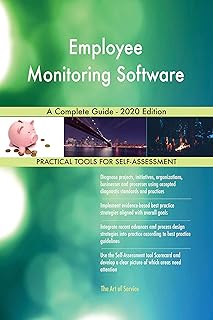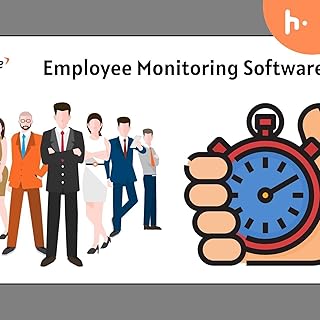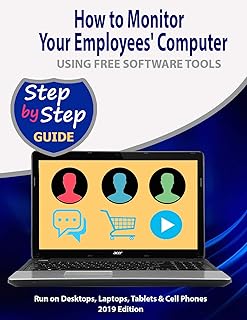A compliance training company in Australia faced backlash for covertly monitoring remote workers through surveillance software, including audio recordings and screen captures. The company’s actions raised concerns about privacy laws and employee consent.
Safetrac, a well-known provider of compliance training, came under scrutiny for recording audio and desktop activities of selected employees using monitoring software. This move, which turned company laptops into recording devices without full employee awareness, prompted legal investigations and accusations of privacy violations.
Despite the company’s claim that the surveillance was legal and part of performance management, former employees alleged that the recordings invaded their privacy and led to unjust dismissals. This controversy highlighted the delicate balance between monitoring productivity and respecting individual privacy rights in a rapidly evolving work landscape.
The use of surveillance software, licensed from a US-based firm, Teramind, sparked discussions about the adequacy of current surveillance laws in addressing modern workplace challenges. The incident underscored the need for clear policies and transparent communication between employers and employees regarding monitoring practices.
As the case unfolded, legal and privacy experts emphasized the importance of updating laws to reflect the changing nature of work environments, especially with the rise of remote work and digital monitoring technologies. The controversy surrounding Safetrac’s actions shed light on the need for informed consent and boundaries in workplace surveillance.
The company’s engagement in formal complaints, legal claims, and regulatory investigations highlighted the potential consequences of overstepping privacy boundaries in the workplace. The incident served as a cautionary tale for businesses navigating the complexities of monitoring remote employees while upholding ethical standards.
Government authorities and legal bodies were prompted to reevaluate privacy laws and employer responsibilities in light of technological advancements and evolving work practices. The Safetrac case spurred discussions on the ethical implications of workplace surveillance and the importance of respecting employees’ rights to privacy.
Ultimately, the controversy surrounding workplace surveillance at Safetrac underscored the need for clear guidelines, transparency, and employee consent in monitoring practices. This incident could influence future regulations on employer surveillance and shape industry standards for maintaining a balance between productivity monitoring and privacy protection.
📰 Related Articles
- Kmart Faces Backlash Over Facial Recognition Technology Privacy Concerns
- Disney, Universal Sue AI Company Midjourney Over Plagiarism Concerns
- Concerns Grow Over Rising Anti-Psychotic Use in Australian Children
- Australian Company Sues Dean Adams Over Domain Price Dispute
- Whitemarsh Township Cancels Fourth of July Parade Over Safety Concerns






